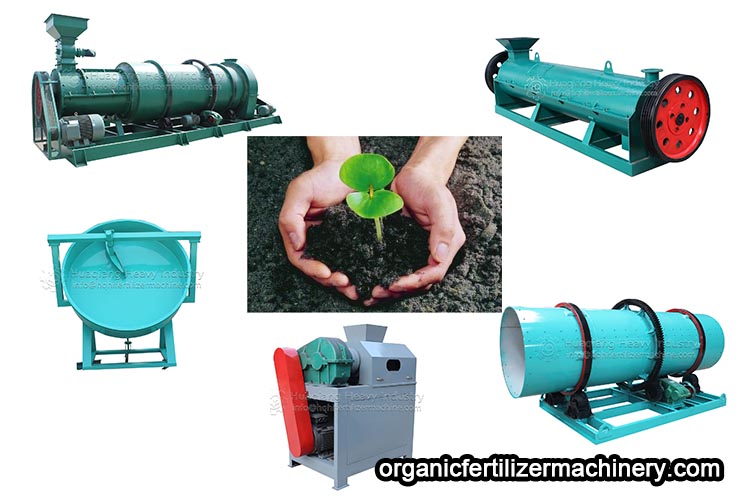What are the organic fertilizer granulation machines and how to use them?
2023/09/11
There are many kinds of organic fertilizer granulation machines. Extrusion type, rolling type, rotary type and so on, but which kind of organic fertilizer granulation machine is better?
If you want to say that the organic fertilizer granulation machine is better, you should know what fertilizer you want to make. grain? Are they columnar particles? Or spherical particles? What are the raw materials? How much moisture? How much investment? Only suitable for their own, can the next step of organic fertilizer granulator screening.
Each kind of organic fertilizer granulation machine has its own suitable scope and has its own significance. What is suitable is the best. If it is not suitable, it can not reflect their advantages.
Extrusion type organic fertilizer granulation machines include double roller granulator, flat die granulator and ring die granulator. They extrude the materials into oblate or columnar particles through the rotation of die pressing wheel. The advantages are uniform particles, high density, low water content, easy operation, easy maintenance, and almost suitable for the extrusion production of all organic fertilizer particles. The disadvantages are high power consumption and relatively low output.
The rolling organic fertilizer granulator rolls the powder into balls by the rotation of the drum. The advantages are high output, low power consumption, simple production and production. The disadvantages are low density, large moisture, poor particle uniformity and large dust in the workplace.
The rotary organic fertilizer granulation machine uses the disc structure organic fertilizer granulator to make the powder into spherical particles by the rotation of the flat plate. The advantages of the rotary organic fertilizer granulator lie between the extrusion organic fertilizer granulator and the rolling organic fertilizer granulator. It is suitable for the rotary granulation of raw materials with high cohesiveness, heavy ratio and high moisture content. The best performance lies in grinding and polishing cylindrical particles into spherical particles. The advantages are to strengthen the shape of the particles, reduce the relative moisture of the particles, and balance the roundness and uniformity of the particles. The disadvantages are the combination of two machines, high power and a little more programs.
